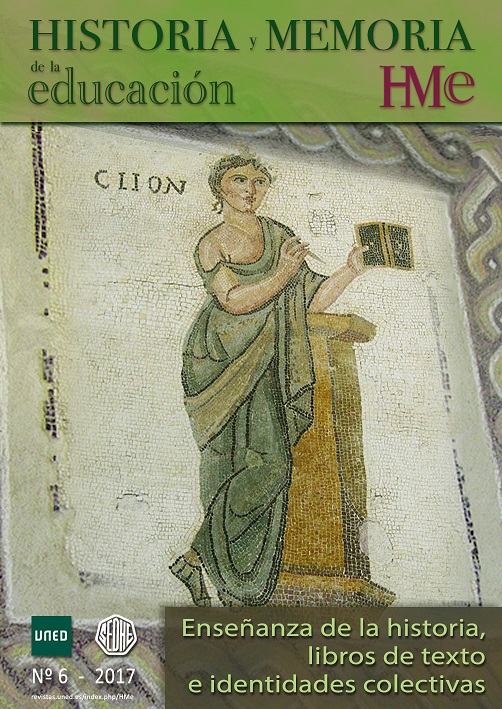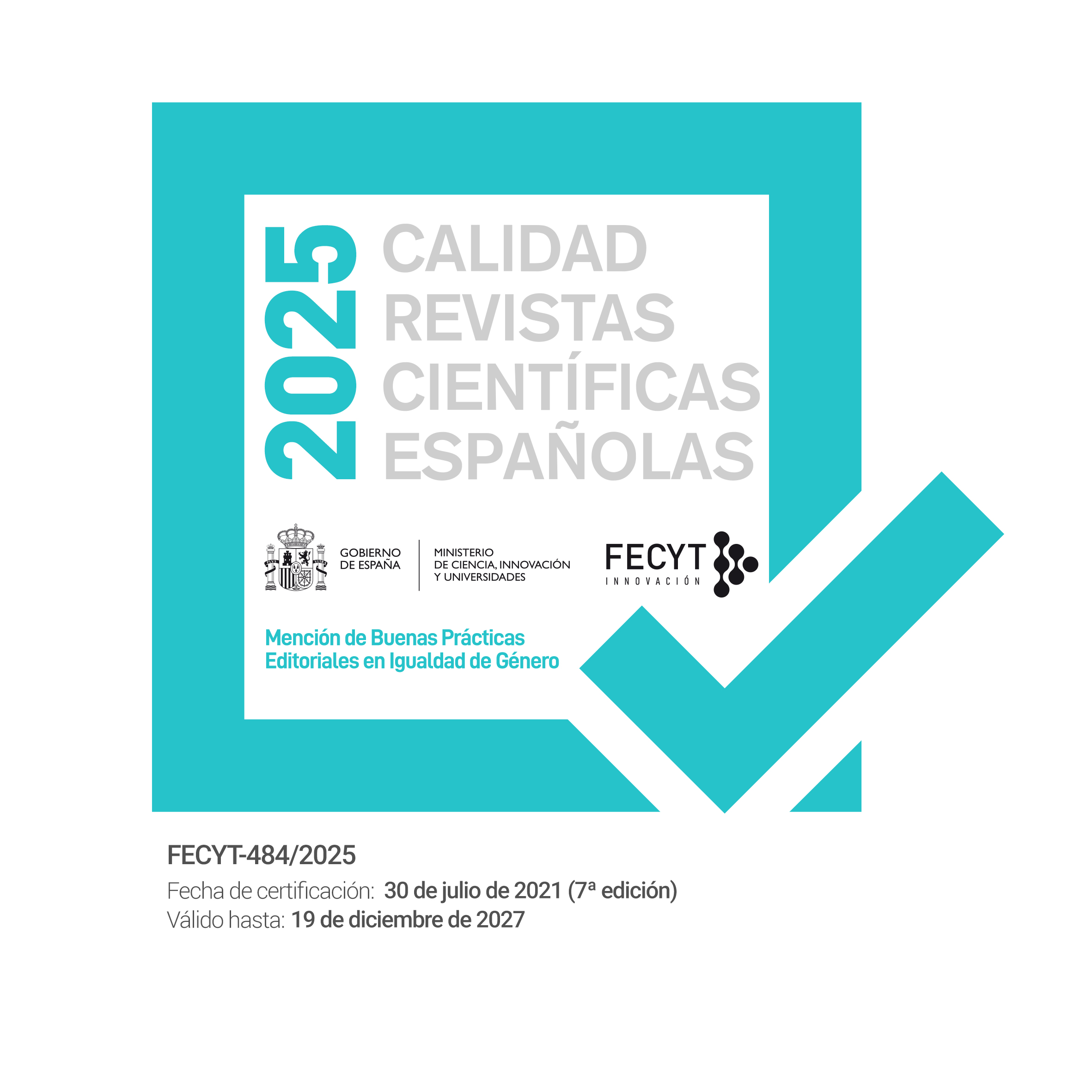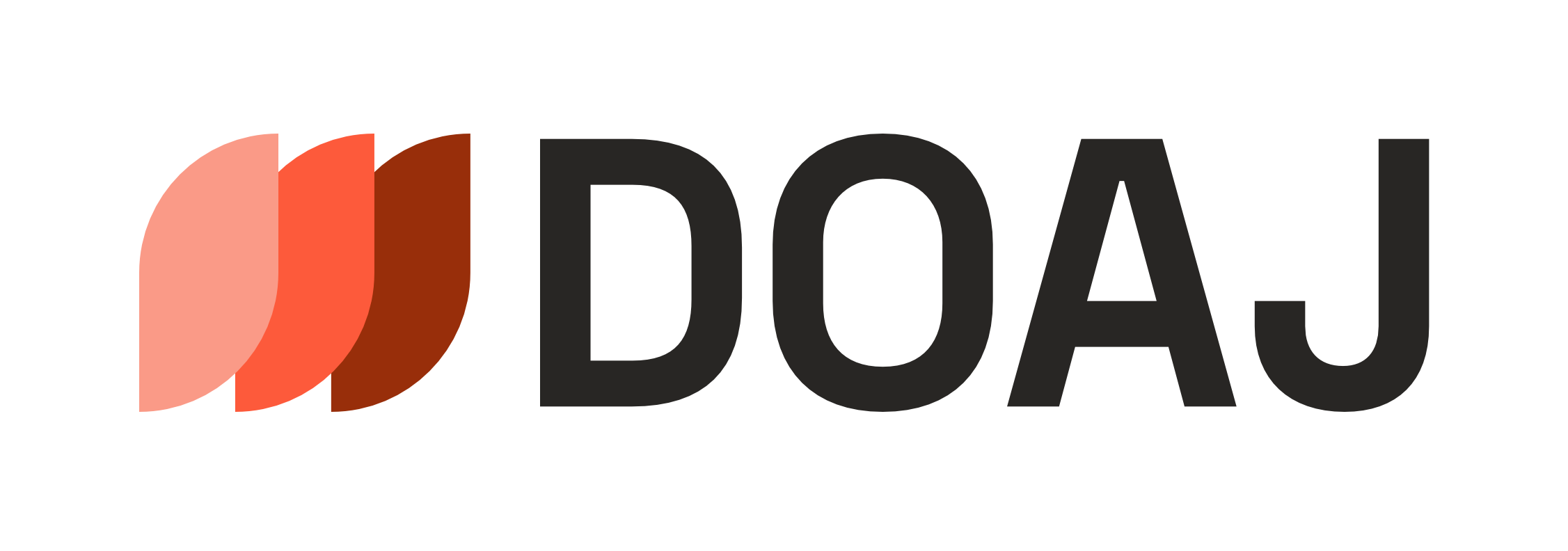History Education and the use of textbooks into the challenges of twenty fist century. Interview with Rafael Valls Montés
DOI:
https://doi.org/10.5944/hme.6.2017.18746Keywords:
Textbook, History Education, Historiography, Teaching methodology, Civic educationAbstract
The interview with Rafael Valls Montés addresses the importance of the textbook in teaching history. It is the most-used didactic resource in both Primary and Secondary Education in Spain. Dr. Valls is the specialist who has most studied the use of textbooks by teachers as well as their contents and activities. With an eye constantly on historiographical and psycho-pedagogical advances (Spain, Europe and America) and political context, the overall evolution can be considered positive. Since the 1970s, the creation of textbooks has been influenced by the idea of «total history», of the Annales School, with the inclusion of political, social, economic and cultural contents. However, school textbooks are still marked by numerous stereotypes, both factual and positivist, that detract from their usefulness. In addition, they tend to contribute to a lack of innovation in the teaching methodologies employed (reduced to lectures), resulting in students’ becoming passive receivers, obliged to memorize conceptual questions. The other great drawback of the school manual is that it essentially functions as a creator of identities: Spanish, European and, to a lesser extent, regional. This derives from a legacy of nineteenth-century nationalisms, which do not fit the multicultural reality of society as reflected in today’s classrooms. However, the manual is ultimately the result of the spirit of a succession of educational laws and, although its format may change it is bound to remain an essential resource for teaching and learning history. Moreover, it should serve as a stimulus for civic and innovative education
Downloads
Downloads
Published
How to Cite
Issue
Section
License
Authors who publish in Historia y Memoria de la Educación agree to the following terms:
- Authors retain copyright and grant the journal right of first publication with the work simultaneously licensed under a Creative Commons Attribution-NonCommercial 4.0 International that allows others to share the work with an acknowledgement of the work's authorship and initial publication in this journal.
- Authors are able to enter into separate, additional contractual arrangements for the non-exclusive distribution of the journal's published version of the work (e.g., post it to an institutional repository or publish it in a book), with an acknowledgement of its initial publication in this journal.
- Authors are permitted and encouraged to post their work online (e.g., in institutional repositories or on their website) prior to and during the submission process, as it can lead to productive exchanges, as well as earlier and greater citation of published work (See The Effect of Open Access).












